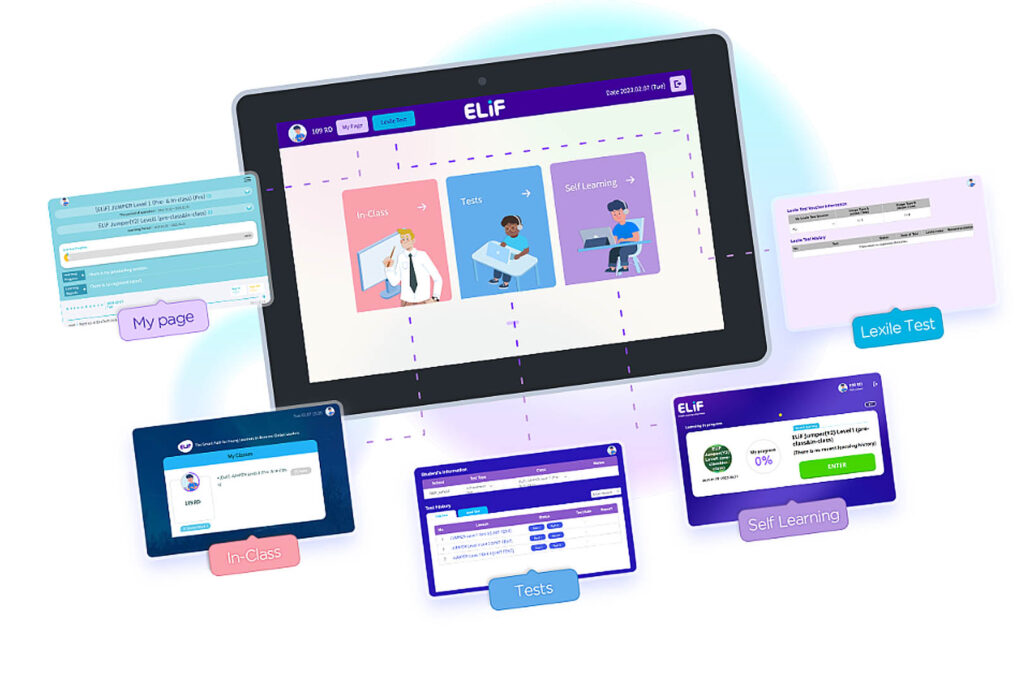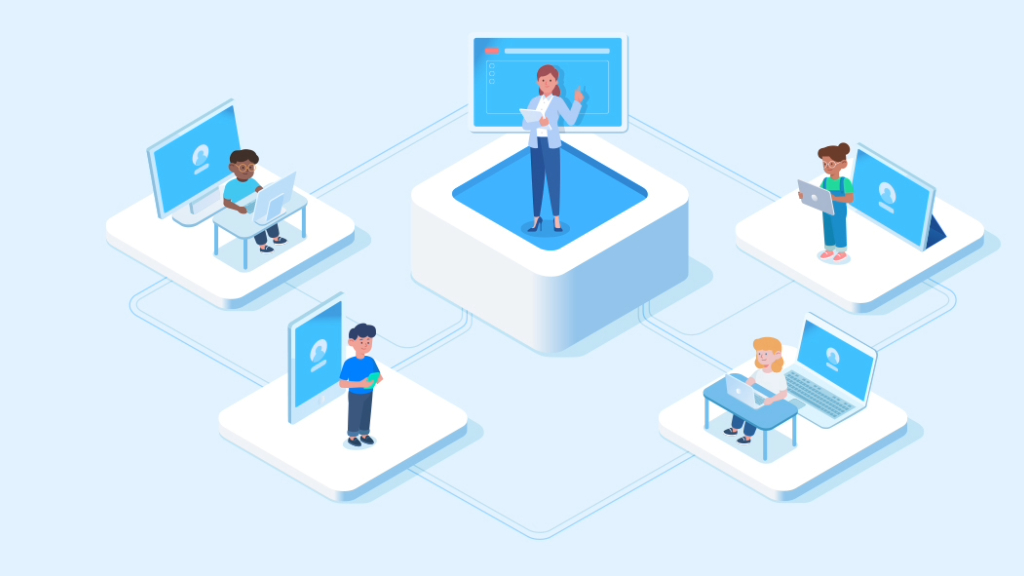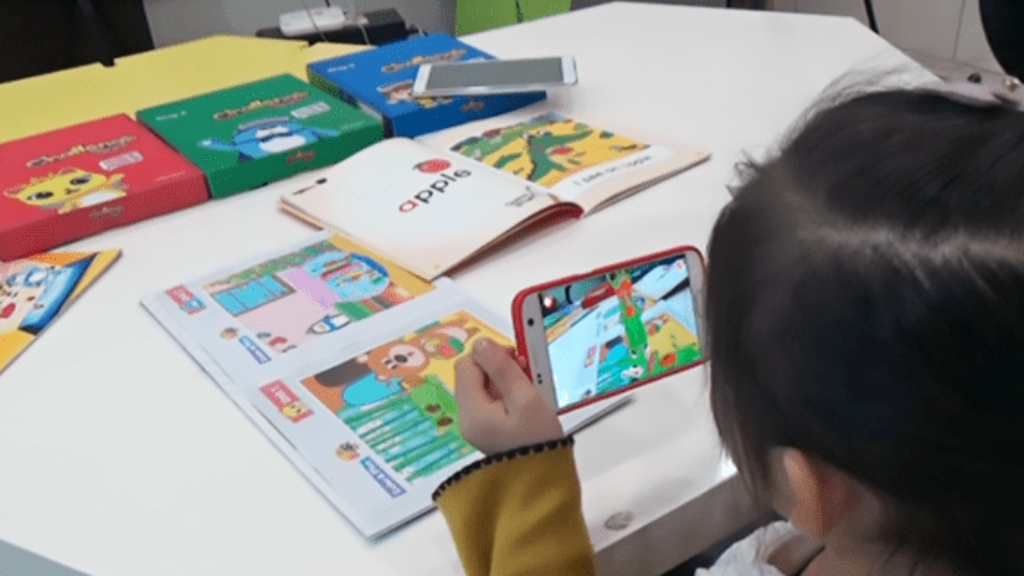Imagine a classroom where every student receives a personalized learning experience tailored to their unique strengths and weaknesses. Envision educators are equipped with a tool that streamlines administrative tasks and enhances their teaching practices. This vision is not some far-off fantasy; rather, it is the reality that artificial intelligence (AI) in education has created. AI undeniably transforms the educational landscape, making personalized learning possible, encouraging critical thinking skills, and improving efficiency and productivity.
Optimizing the Classroom with AI
In a metadata study conducted by McKinsey & Company (Link“), researchers examined 63 generative AI productivity studies. Their findings were nothing short of astounding. Global productivity is projected to surge by an impressive $2.6 trillion annually, thanks to the integration of AI into various sectors, including education. (Chui)
But what does this mean for education, a sector traditionally reliant on human interaction and physical guidance? AI acts as a complement, not a replacement, for human teachers. Instead, AI enhances and facilitates the process of teaching and learning, which makes it a valuable tool for students and teachers.
Personalized Learning with AI: Empowering Every Student

One of AI’s most profound contributions to education is personalization. Traditional classrooms often need help to accommodate the diverse needs of students. AI steps in, adapting content and pacing around each learner’s needs. AI-driven learning platforms analyze students’ strengths and weaknesses, their pace of progress, and their preferred learning styles. With this data, these platforms create personalized learning pathways that cater to the individual’s learning needs. For a student struggling in math, AI can provide additional practice problems and video tutorials precisely where needed. Conversely, an advanced literature enthusiast might be presented with more challenging texts and in-depth analyses.
Fostering Critical Thinking: The AI Educator’s Role
Critical thinking is the cornerstone of education, fostering independent, analytical minds ready to navigate the complexities of the modern world. AI plays a pivotal role here as well. Chat GPT, for instance, is an AI-driven natural language model that encourages students to delve into complex issues, offering diverse perspectives and challenging them to justify their thinking. Moreover, teachers embrace AI as a partner in nurturing critical thinking skills. AI tools aid in crafting thought-provoking prompts and test questions, pushing students beyond rote memorization into higher-order thinking, such as analysis and reflection. AI doesn’t replace the teacher’s guidance but augments it, creating a more enriching and meaningful educational experience.
Efficiency and Productivity in Education: AI and Teachers in Harmony

Educators, too, reap the benefits of AI. Administrative tasks that once consumed valuable teaching hours are now automated, liberating teachers to focus on what truly matters: nurturing young minds. Tools like Gradescope (Link“), use AI to grade assessments accurately, even deciphering handwritten responses.
Grammarly“, another AI tool, polishes written content, eliminating spelling errors and grammar issues. Another AI-powered tool specializing in math, Wolfram Alpha (Link“), generates tailored math problems for classroom use. This saves educators and students precious time, allowing them to concentrate on the essence of their work. Furthermore, AI is becoming indispensable in generating writing ideas and providing outlines and additional resources. These tools reduce the burden on teachers and students, enhancing productivity and creativity.
AI’s Unstoppable Impact on Education
As education continues to evolve, AI emerges as a steadfast “comrade” in pursuing optimized teaching and learning. It’s not merely about automating processes; it’s about refining education into a personalized, critical-thinking-fueled, and efficient experience. Using AI-driven tools empowers educators and students, fostering the development of critical thinking skills and paving the way for a brighter future in education.
References
- Chui, Michael, et al. “The Economic Potential of Generative AI: The Next Productivity Frontier.” McKinsey & Company, 14 June 2023, www.mckinsey.com/capabilities/mckinsey-digital/our-insights/the-economic-potential-of-generative-ai-the-next-productivity-frontier#introduction (Link“).
- Gradescope | Save Time Grading. www.gradescope.com (Link“).
- Grammarly: Free Writing AI Assistance. www.grammarly.com (Link“).
- Wolfram|Alpha: Making the World’s Knowledge Computable. www.wolframalpha.com (Link“).




